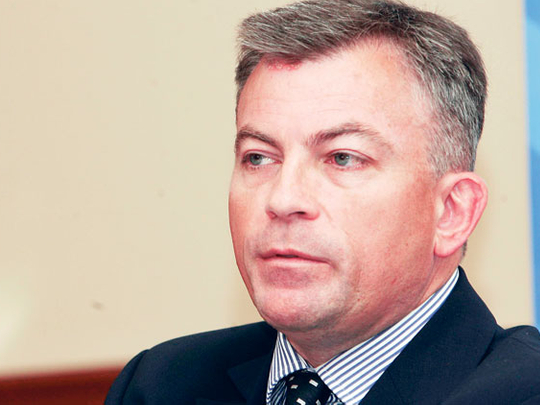
Dubai: A regional representative for the International Rugby Board (IRB), insists that the break-up of the Arabian Gulf Rugby Football Union (AGRFU) will spread the sport into new areas.
Matthew Oakley, the IRB's West Asia Project Manager, responsible for overseeing the disbanding of the union and creation of separate national associations, explained that this move was part of a 20-year development plan to spread the game and allow each GCC state to benefit from Olympic funding now that rugby sevens is an Olympic sport.
"We're not pretending that GCC Arabs in their early twenties will suddenly convert to playing rugby but it's our agenda to grow the game among schools so that in 20 years' time, when we've moved on, we can look back and see the sport has grown exponentially."
He said efforts to grow the game by the AGRFU had been largely expatriate based, infrequent and too Dubai-centric.
The first tag sevens school tournament organised by the AGRFU was held in 2010.
"That's great but lets get similar schemes going in every city across the region. About 60 per cent of the world's youth come from the Middle East so there's a whole new market to tap into.
"The expatriate community may feel disenfranchised but this will open the sport up to a whole new generation of Arab players, which with the best will in the world the AGRFU could never have done," said Oakley.
Unlikely move
Oakley added that to have a mini-regional association run by foreigners living in another country didn't fit into the IRB model any more and that it would be very unlikely for separate national Olympic committees in the region to give the AGRFU Olympic funding.
"The AGRFU doesn't have a national Olympic committee it can tap into for funds. Only national governing bodies can do that."
He now hopes that rugby-playing expatriates across the region will assist natives to set up national governing bodies.
Oakley added that if rugby communities did not take the initiative to do this they ran the risk in the future of having to work with a national association run by non-rugby people.








